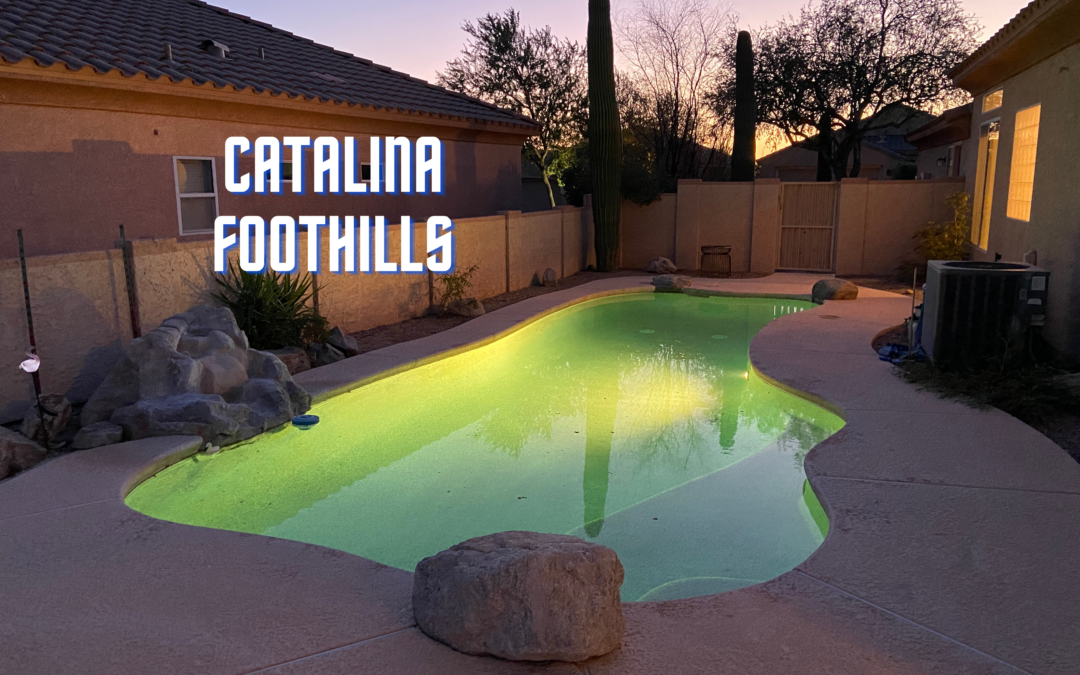Missing wills can create significant legal challenges, especially in Catalina Foothills, Arizona, where local laws and circumstances shape the probate process. When a will cannot be located, it raises important questions about how the deceased’s estate will be managed and distributed, often leading to disputes among heirs.
Reasons Behind Missing Wills
There are several reasons why a will might be missing. A common scenario is the intentional revocation of the document. The deceased may have created a new will but failed to destroy the old one properly. In such cases, Arizona law will determine whether a prior will or the state’s intestate succession laws will dictate the distribution of the estate. In Catalina Foothills, Arizona, intestate succession laws provide a default framework for asset distribution, typically favoring spouses and children, although this may not align with the deceased’s actual intentions.
A will may also be missing due to unfortunate circumstances, such as destruction by fire or flooding. For example, if a will was stored in a safe that was damaged in a disaster, the probate court in Catalina Foothills, Arizona, may accept a copy of the will or even a draft maintained by the deceased’s attorney, provided there is sufficient evidence that the original was signed and valid.
Legal Implications of Missing Wills
The legal implications of a missing will can be substantial. When a will cannot be found, heirs in Catalina Foothills may face prolonged court disputes to establish how the estate should be divided. The absence of clear guidance from the deceased can lead to family conflicts, especially if relationships are strained or if there are competing claims over specific assets.
Additionally, if there are suspicions of undue influence—where one party may have improperly influenced the deceased’s decisions—this could escalate into claims of fraud or other legal challenges. In these situations, the burden of proof may shift to those contesting the validity of the will or the claims made by heirs.
Understanding Arizona’s Legal Framework
In Catalina Foothills, Arizona, the state’s laws significantly influence how missing wills are treated. Arizona allows for the probate of a will even if the original is missing, as long as there is sufficient evidence of its content and that it was properly executed. This leniency can be beneficial for heirs trying to navigate the complexities of probate law in Catalina Foothills.
Practical Steps for Heirs in Catalina Foothills
If you find yourself dealing with a missing will, here are some steps to consider:
- Collect Evidence: Gather any documents that may reveal the deceased’s intentions, including previous wills, estate planning documents, and relevant correspondence.
- Consult a Probate Attorney: It’s advisable to seek the guidance of an experienced probate attorney in Catalina Foothills, Arizona. They can help you understand the nuances of local law and advocate for your rights in court.
- Communicate Openly: Maintaining open lines of communication among family members in Catalina Foothills can help reduce tensions and lead to more amicable resolutions.
- Explore Alternative Evidence: If the original will is lost, consider looking for drafts, copies, or testimony from individuals who may have witnessed the signing.
Selling Property in Probate
In cases where real estate is involved, such as selling a home during probate in Catalina Foothills, Arizona, it’s crucial to work with a knowledgeable real estate agent who understands the probate process. If you need to sell a home in probate in Catalina Foothills, reach out to Ryan Comstock at eXp Realty. Ryan specializes in probate sales and can guide you through the legal requirements while helping you maximize the value of the estate.
Conclusion
Missing wills pose a complex mix of emotional and legal challenges. By understanding the implications and navigating Arizona’s probate laws, heirs in Catalina Foothills can better position themselves to honor the deceased’s wishes and resolve disputes effectively. Whether it’s gathering evidence, consulting legal professionals, or managing estate assets, taking a proactive approach can help ensure a smoother transition during a difficult time.

